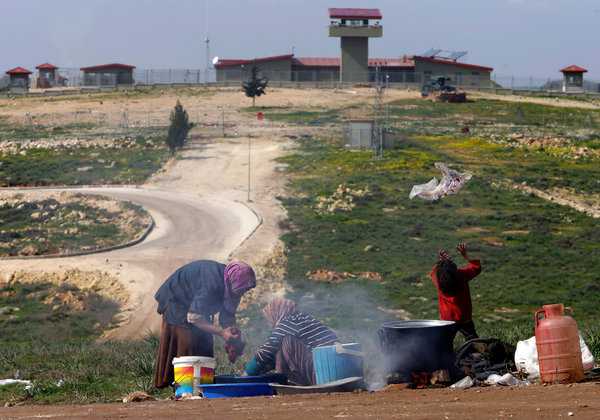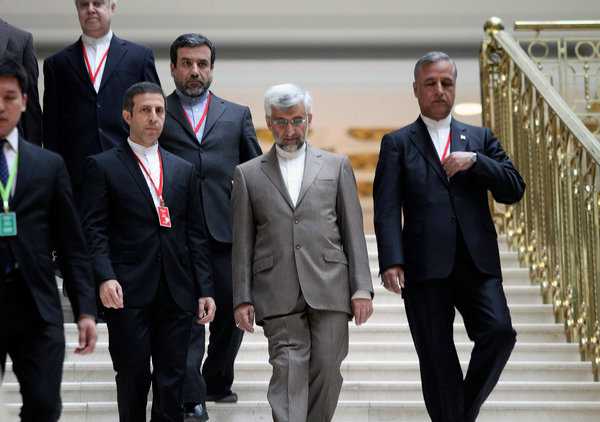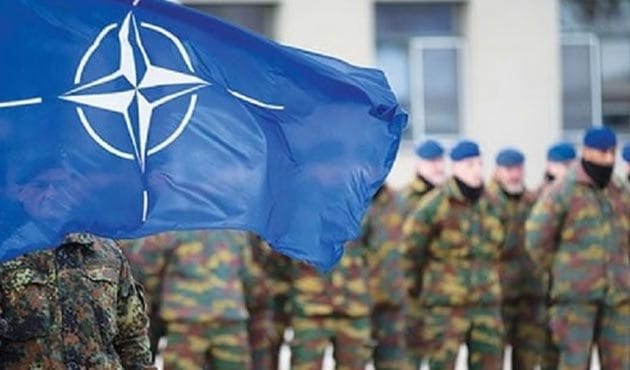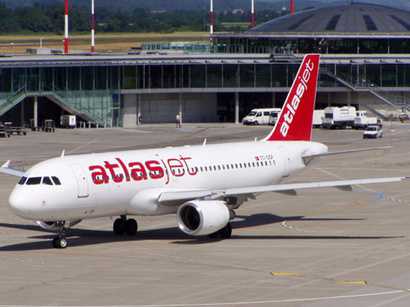
The rebel-controlled Atmeh refugee camp in northern Syria is only yards from the border with Turkey, which provides strong support to the Syrian rebels.
By SONER CAGAPTAY
The biggest open secret in Ankara is that Turkey detests Iran, which it sees as undermining its interests in Syria and Iraq. Turkish leaders will not admit this publicly, for their country desperately needs Iranian natural gas and oil to continue its phenomenal economic growth.
But Ankara increasingly regards both Iraq and Syria as arenas for proxy conflict with Iran; in the former, Turkey backs the Sunni Arabs and Kurds against the central government in Baghdad under Shiite Prime Minister Nuri Kamal al-Maliki, seen by Turkey as an Iranian puppet; in the latter, Ankara supports the rebels against the Tehran-backed Assad regime.
Turkey has answered Iran’s challenge by building influence in the northern parts of both Iraq and Syria. This signals the rise of a yet-undeclared Turkish policy in the Middle East: Anticipating the decentralization of post-Assad Syria, and hoping to take advantage of Iraq’s autonomous Kurdish north, Turkey is carving out a cordon sanitaire across the northern Fertile Crescent, building influence in the Kurdish population as well as in large commercial centers such as Aleppo and Mosul.
When Turkey moved to foster closer ties with its Muslim neighbors about a decade ago, it hoped that such relations would help boost Iraq’s stability and improve political ties with Syria and Iran.
But the Arab rebellions have rendered these designs obsolete. At first Ankara provided the Assad regime with friendly advice to stop killing civilians. But the Damascus regime refused, and Turkey’s stance flipped in August 2011: Ankara went from being Assad’s friendly neighbor to his chief adversary. Turkey started providing safe haven to the Syrian opposition, and, according to media reports, even arming the rebels.
This policy has cast Ankara and Tehran, Assad’s patron, as chief rivals in Syria. And this, in turn, has exacerbated competition in Iraq, where Ankara supported Ayad Allawi’s secular Iraqiya bloc in the run-up to the 2010 elections, poisoning relations with Maliki.
In the aftermath of Maliki’s reelection, Ankara has favored closer contacts among Sunni Arabs and Kurds in northern Iraq. Turkey’s trade volume with northern Iraq has climbed to $8 billion per year compared to only $2 billion with the southern portion of the country, and Ankara is seeking lucrative oil deals with Iraqi Kurds.
In short, for all practical purposes, northern Iraq has become part of the Turkish sphere of influence. This is especially surprising considering that only a few years ago Turkish hostility toward Iraqi Kurdish leaders seemed ready to boil over into an outright invasion of the area.
Today, by contrast, Turkish Airlines offers daily flights to Sulaymaniyah and Erbil inside the Kurdistan Regional Government (K.R.G.) in northern Iraq, and Iraqi Kurds take vacations in Antalya, a Turkish resort city on the Mediterranean.
Mosul, a Sunni-majority province in northern Iraq, is also pivoting toward Ankara. Turkey currently provides safe haven to Tariq al-Hashimi, Iraq’s Sunni vice president, whose arrest warrant has become a rallying cause for many Sunnis. At the same time, historic links between Mosul and Turkey, dating back to the Ottoman Empire, are being resurrected: When I last visited Gaziantep, a city in southern Turkey, my hotel was full of Arab businessmen from Mosul.
Before the Syrian uprising began, a similar development was taking place in Aleppo, another Fertile Crescent city that enjoyed deep commercial ties with Turkey under the Ottoman Empire.
Located only 26 miles from the border, Aleppo had become a focal point of Turkish businesses in northern Syria, and there is no doubt that the strong support the Turks have provided to the rebels in northern Syria will increase Turkey’s influence in the city after the end of the Assad regime (it is no accident that the largest contiguous rebel-controlled areas in Syria are around Aleppo).
The missing part of Turkey’s prospective influence in the northern Fertile Crescent were the Syrian Kurds — until Turkey announced peace talks with the Kurdistan Workers Party (P.K.K.). This group, which has waged a war against Turkey for over three decades, is also known to be the best-organized movement among the Syrian Kurds.
Ankara hopes that peace talks with the P.K.K. will help heal the bad blood with Syrian Kurds. Indeed, Turkey has reworked its Middle East policy: It now views the Kurds as the foundation of its zone of influence across the northern Fertile Crescent.
Yet not all is rosy for Turkey. The peace talks with the P.K.K. could go awry, driving P.K.K. rejectionists into the arms of Iran or even Baghdad. There is also an emerging threat in allowing radical fighters into northern Syria. This is a dangerous game, for once the Assad regime falls, Turkey might find itself with a jihadist problem in its newly acquired sphere of influence.
Soner Cagaptay is director of the Turkish Research Program at the Washington Institute for Near East Policy and the author of “Turkey Rising: 21st Century’s First Muslim Power.”





